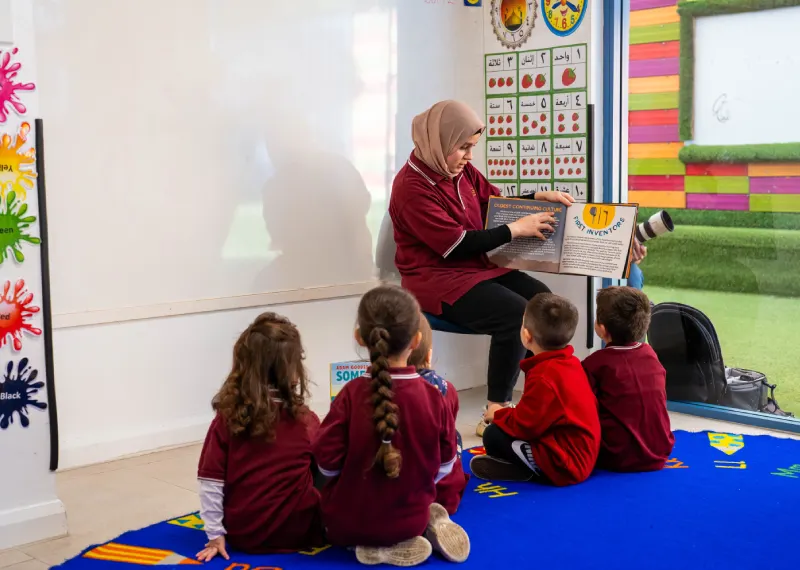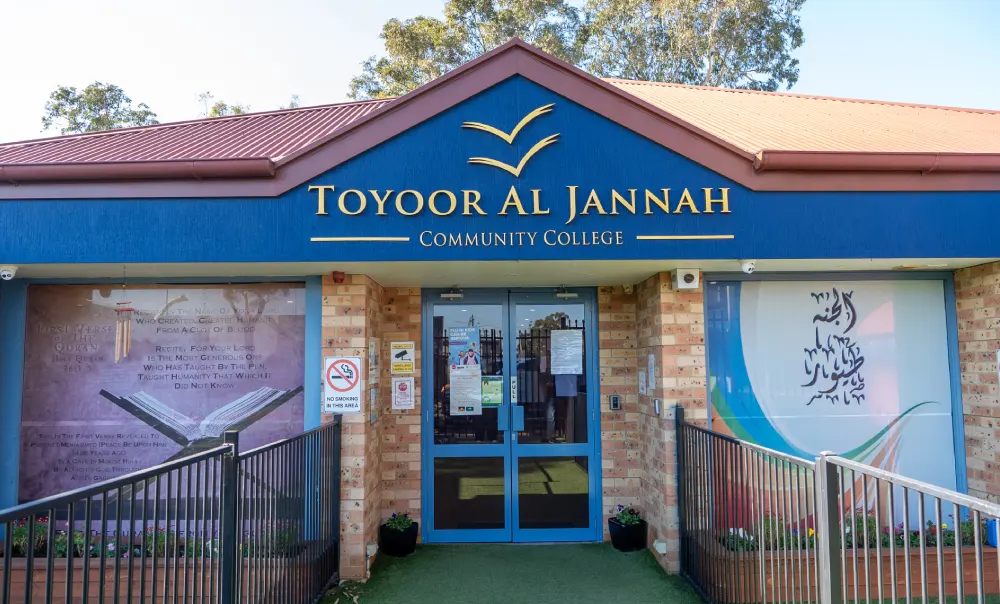Thank you for selecting our child care service. Understanding the important details will help you prepare for your child’s transition and ultimate success in our program. It is important for parents to manage their emotions effectively during this process.


Suggestions for settling children from diverse cultural and language backgrounds
Your child might be going to a child care service that’s culturally different from your home. The educators and other children might come from cultural backgrounds that are different from your family’s, or they might speak different languages from yours.
These tips might help your child settle in:
Your child has probably settled well at child care if they:
If you have any concerns about how your child is settling in at child care, it’s best to talk to your child’s early childhood educators.


